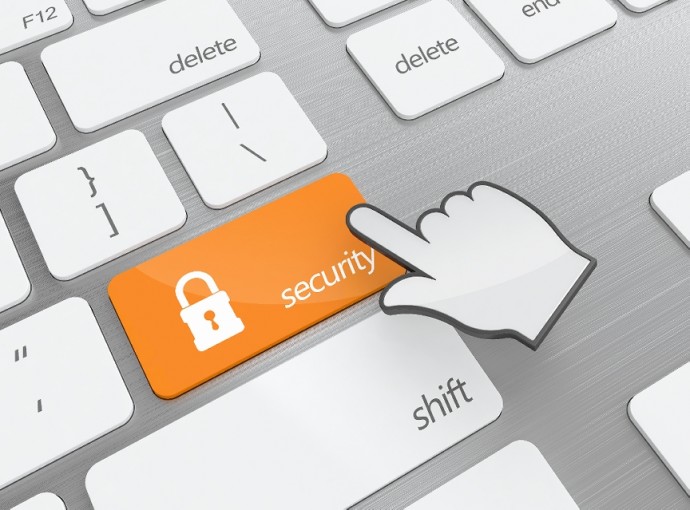When it comes to keeping our computer safe from hackers and other nefarious forces, it is surprisingly easy. The issue is our lack of awareness of these simple measures, and some bad habits. As these good practices seep into our minds, they will become more natural to us. If we fully understand the threat, we are more cognizant. Here are just a few tips to keep top of mind as you are surfing the web.
Keep Firewall Turned On
Firewalls put up, well, a wall, between your computer and hackers who are trying to weasel their way in , and steal sensitive information. Most computers have it installed with the operating system. But, it may not be turned on by default, so if you are not sure whether yours is enabled, check. If you don’t have it on your computer, buy firewall software. It is a great first line of defense.
Make Sure Antivirus Software is Up-To-Date
Once a virus makes its way onto your computer, you may be in for a host of issues, from slow performance to ‘holes’ in the system that allow for hackers to make their way in and get banking information, passwords and other sensitive data. One of the biggest problems for personal computer users is not keeping the software up-to-date. New threats are emerging all the time, and the software must be tweaked to handle these new threats. If you are not keeping up-to-date with the latest definitions, your antivirus software is not firing on all cylinders, and its protection becomes limited.

It is also important to do your homework on the actual antivirus software you use. Depending on your activity, some may offer better protection than others. Some people can do well with a basic program while others may need something offering a little more oomph. It is also important to consider what kind of computer you have. The best antivirus for Mac might be different than one for Windows.
Protect Against Spyware
Protecting against spyware is also important because it allows people to ‘spy’ on your online activity, resulting in problems like unwanted pop-ups, and potential data breaches. Check if your computer has free spyware software installed; if not, you can find lots of quality programs that are low-cost and sometimes even free. Be cautious about internet ads offering spyware downloads—these are often malicious programs themselves. Only download from trusted sites, such as CNet.
When pop-up windows come on screen, don’t click on links; close by X’ing out the window, not clicking the ‘close’ link within the ad if there is one. Don’t download from sites you don’t trust.
Don’t Leave Your Computer On
If you tend to leave your computer on so you can just pick up with surfing the net at your leisure, you may be putting your computer at risk of intrusion. So long as you are connected to the internet, hackers are able to work their way in. Remember there is no 100 percent foolproof way to protect your computer, and it is all about minimizing risks. One such way to minimize is not leaving on your computer longer than it has to be.

